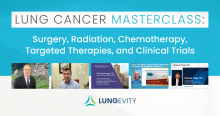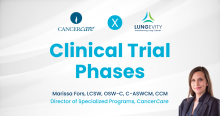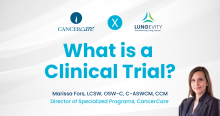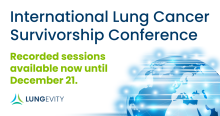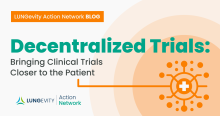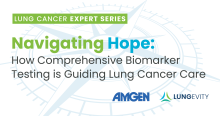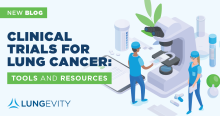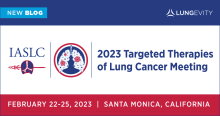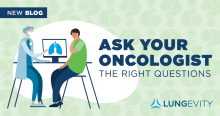Lung Cancer Masterclass: Get Smart About Lung Cancer
In the past five years, the lung cancer community has seen an astonishing number of new treatments. As our understanding of lung cancer has deepened, the older treatment approaches have also become more effective and efficient. These options are fantastic steps toward improving the overall survival and quality of life for people living with lung cancer, but it can be difficult for patients and caregivers to keep track of the new drug treatments and scientific advancements. Each year, LUNGevity offers a free virtual conference, the International Lung Cancer Survivorship Conference, or ILCSC, to

